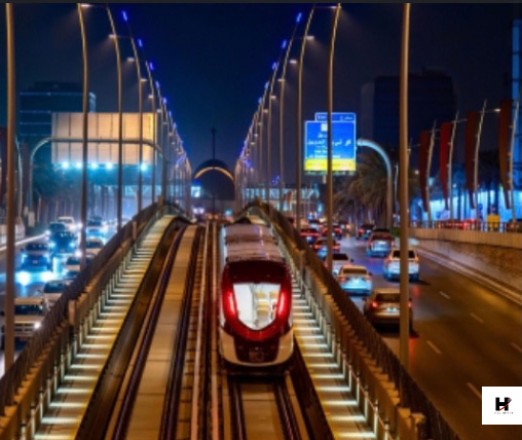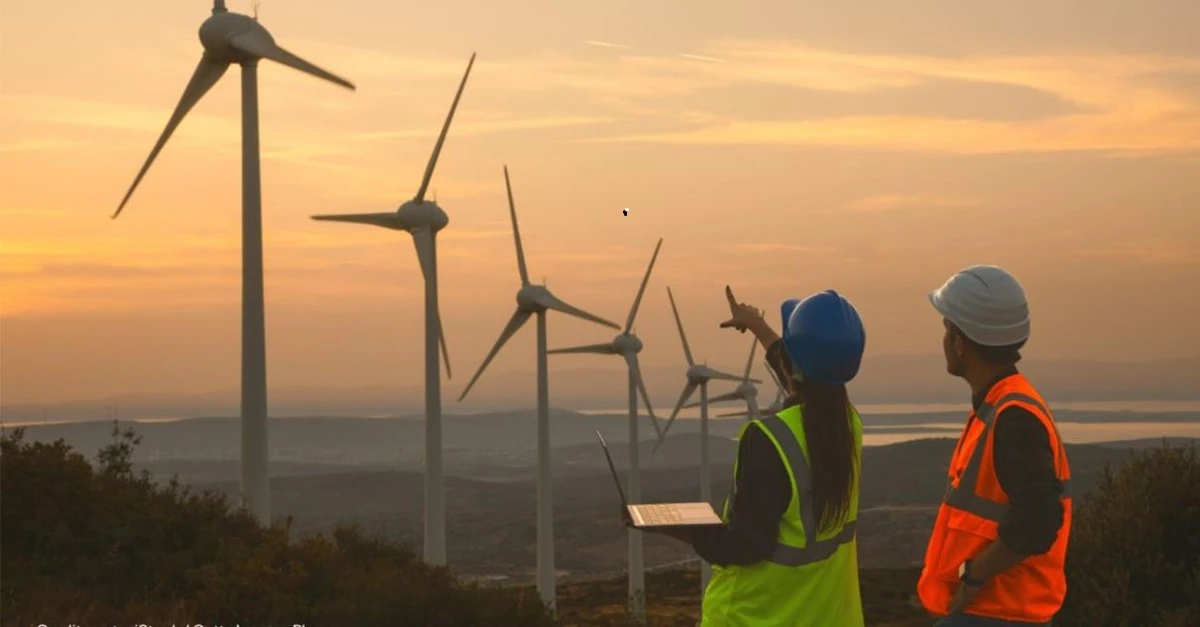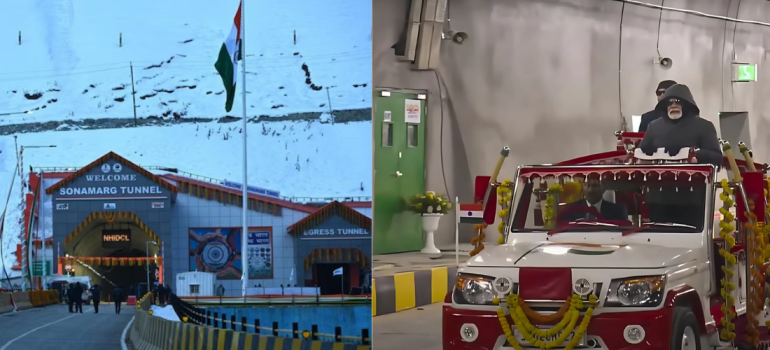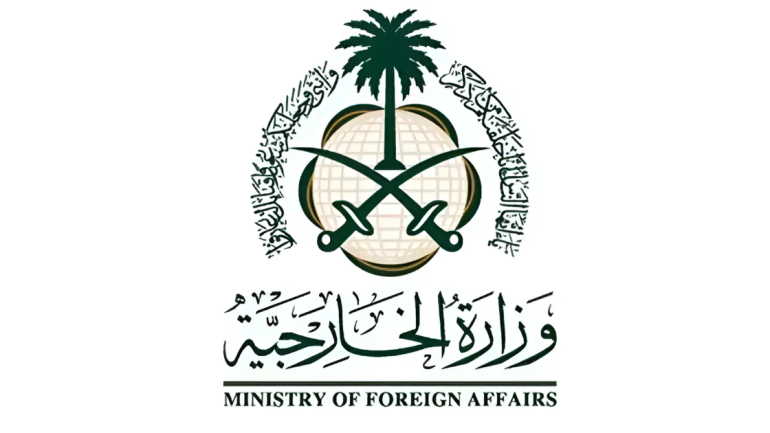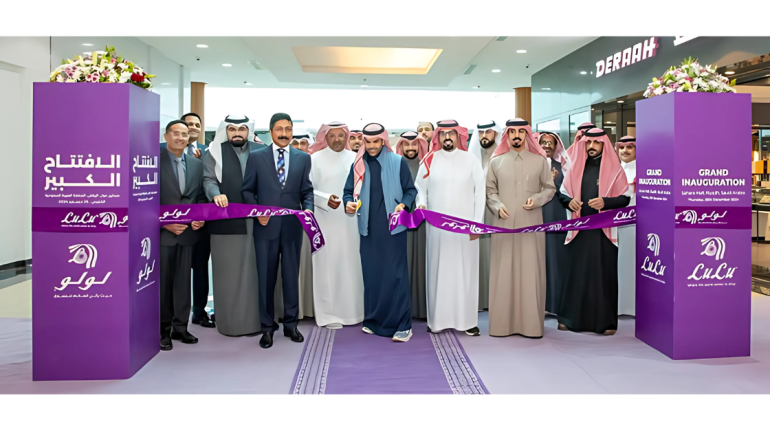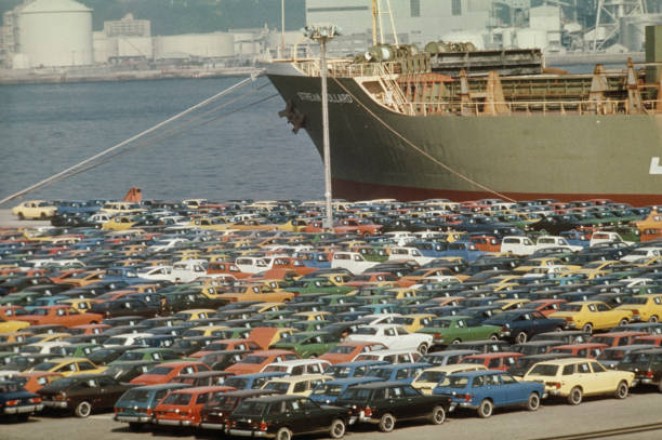The FIFA World Cup, the most popular sporting event in the world, is expected to change the world stage in 2034 when Saudi Arabia hosts it for the first time. The Kingdom of Saudi Arabia offers participating teams, spectators, and FIFA delegations the chance to take advantage of an integrated transportation strategy designed to guarantee an unforgettable 2034 World Cup experience for all stakeholders. In addition to improving the effectiveness of transportation services, the five host cities have been carefully selected to guarantee that fans have an exceptional travel experience.
It takes eight hours to go to Saudi Arabia
The railway is being extended to connect Riyadh, Jeddah, and the futuristic metropolis of Neom in time for the World Cup. 60 % of the world's population can get to the capital, Riyadh, in eight hours because of its advantageous location. By 2030, it is anticipated that there will be over 150 million domestic and foreign visitors, generating 1.6 million job possibilities. The Kingdom offers visitors a singular chance to discover a variety of natural settings and cultural landmarks. With a track record of hosting important athletic events, particularly football, which is a national priority, the Kingdom hopes to promote sport tourism and has done so successfully. The Kingdom is preparing to host the 2030 World Expo and the 2027 AFC Asian Cup in addition to the 2034 Asian Games.
Travel and Transportation in Riyadh
The competition attracts a lot of travelers to Riyadh's King Salman International Airport. By 2034, it is anticipated that the airport would handle 100 million passengers a year, a 170 percent increase over 2023. The Riyadh Metro, which has six lines and is the world's largest autonomous train network, is another example of how Riyadh is improving its public transit system. By 2034, the metro will have a total capacity of 3.6 million passengers and can carry up to 50,000 people per hour. The city and the airport are connected by the metro. Additionally, the Riyadh Metro is a significant addition to an integrated public transportation network that can carry 900,000 passengers every day.
Travel and Transportation in Jeddah
Jeddah is conveniently accessible by road, train, sea, and air. The city is accessible by air through King Abdulaziz International Airport, which has many passenger terminals. By 2034, the airport is expected to handle 90 million people thanks to the construction of a new terminal. In addition, Jeddah has one of the world's fastest trains, which can reach speeds of up to 300 km/h and connect the city to the airport and neighboring regions. Jeddah is also connected to other host cities by a high-speed rail network.
Travel and Transportation in al-Khobar
In order to accommodate the region's quickly growing tourism economy, King Fahd International Airport, which now handles passengers to and from al-Khobar, is expected to grow from 12.5 million to 20 million passengers by 2034. To get people to important places in the city and its environs, al-Khobar has a robust bus system. Furthermore, "water taxis" offer marine transportation services, giving tourists a distinctive coastal vacation experience.
Travel and Transportation in Abha
The main transportation hub to and from Abha is Abha International Airport, which is set to undergo major expansion, including the building of a new 65,000 passenger terminal. It is anticipated that demand would reach eight million people by 2034, and this development will boost the airport's yearly capacity to 90,000 flights and 10 million passengers. With the help of extensive transportation sector development initiatives that prioritize public transportation, light transportation, walking routes, and ease of mobility between various parts of the city, Abha will profit from the notable increase in tourism activities anticipated in the upcoming years. In addition to a local bus system that serves densely populated regions, a network of dedicated high-capacity bus lanes will be built to connect King Khalid University Stadium and Abha International Airport. In addition to supporting the expansion of the tourism industry and enhancing everyday transportation systems, these services will make it easier for fans to move around during the competition.
Neom's Travel and Transportation
Neom International Airport serves as the main gateway for tourists traveling to and from the city. Twelve million domestic and foreign tourists are anticipated to use the airport, which will be situated in the eastern section of the new city. The primary gateway for visitors entering and departing the city will be Neom International Airport. Before 2034, it is projected that the airport, which will be constructed in the city's eastern section, will be able to handle twelve million domestic and foreign tourists.
Ecological Methods and Strategic Remedies
The 2034 World Cup is expected to be the most environmentally friendly ever. Saudi Arabia wants to offset all of the carbon emissions from the event. Key projects include energy-efficient stadiums, solar-powered electric vehicle charging stations, and a 40% rise in the use of public transportation. Supporters will be urged to take part in eco-friendly initiatives including recycling rubbish and planting trees. The logistical constraints of managing millions of visitors are significant. To improve traffic flow, Saudi Arabia is utilizing AI-powered crowd control systems and predictive analytics. These systems' data will prevent traffic jams in busy regions and cut down on stadium access delays by 15%.
Integration of Tourism
In order to improve guest experiences, comprehensive travel packages are being offered. These consist of lodging, tickets to games, and excursions to sites such as Diriyah and AlUla. Saudi Arabia anticipates that tourism will boost its economy by more than $10 billion. In the last the article concludes that the 2034 FIFA World Cup is expected to be a historic occasion for travel and transportation innovation worldwide, in addition to football. Saudi Arabia is ready to provide a top-notch experience because of its state-of-the-art infrastructure, environmentally friendly operations, and dedication to hospitality. In addition to seeing matches that will never be forgotten, visitors will take part in a life-changing experience that explores the Kingdom's future vision.


